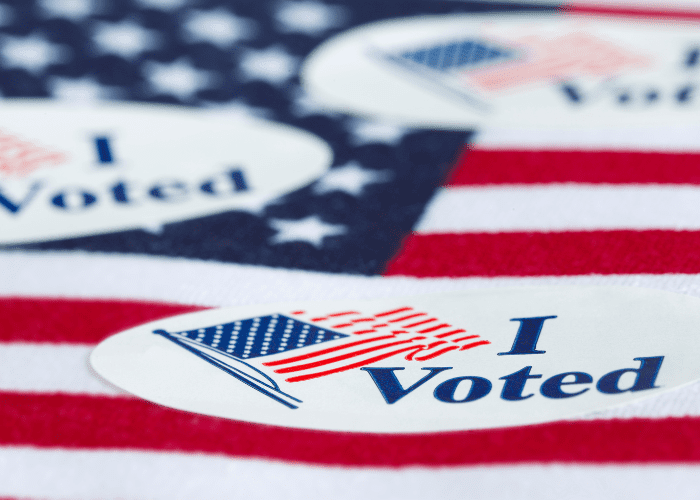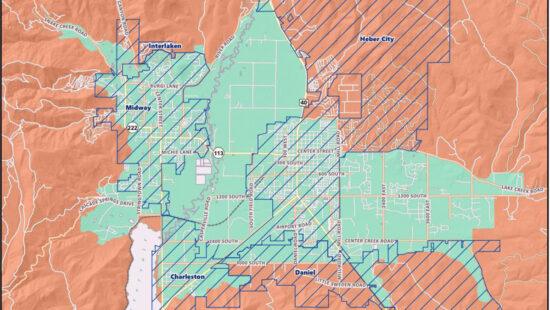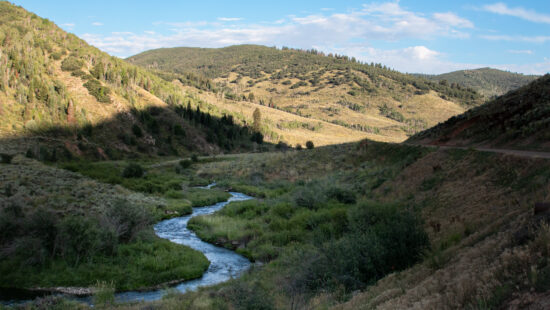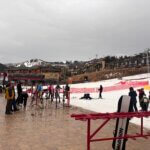Town & County
Heber City considers allowing taller cell towers in commercial zones
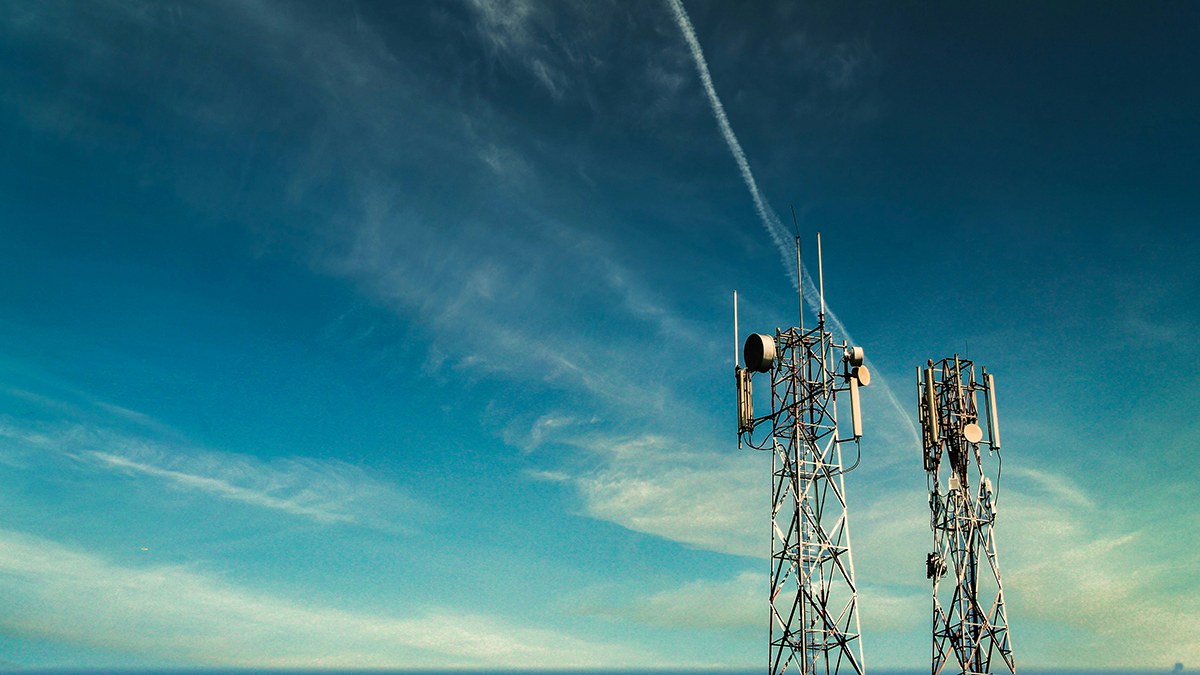
A cell tower. Photo: Unsplash
HEBER CITY, Utah — Heber City is considering a proposal that would allow taller cell towers in commercial and industrial zones, raising the current 35-foot height limit to as much as 100 feet in certain non-residential areas.
The change is outlined in a staff report prepared for the Heber City Planning Commission, which will hold a public hearing on the proposal Tuesday, April 22 before making a recommendation to the City Council. The proposed amendment is aimed at improving cellular coverage, especially in underserved parts of the city, while limiting the visual impact of towers in residential neighborhoods.
The application was submitted by APC Towers, a telecommunications infrastructure company that argues the current height restrictions are too limiting. Under existing code, towers can typically accommodate only one provider, which could lead to more towers being built to meet growing demand.
The proposed changes would:
- Allow towers up to 100 feet tall in commercial, industrial, and mixed-use zones.
- Keep the 35-foot height limit in residential and most agricultural zones.
- Prohibit cell towers in Heber’s downtown core (bounded by 500 North, 600 South, 600 West, and 600 East).
- Require stealth designs—such as disguised poles or monopines—for towers that need conditional use approval.
The amendment also specifies that lattice and guyed towers would not be allowed in any zone. In residential and agricultural areas, towers would only be permitted on government property or private land used for non-residential purposes, and must include stealth elements to blend in visually.
While some residents have raised concerns about potential health effects of cell towers, the staff report references information from the Utah Department of Environmental Quality and the National Cancer Institute, both of which have found no consistent evidence linking cell tower radiation to cancer or other health issues.
The Federal Communications Commission sets limits on RF exposure from telecommunications equipment, according to its website however some studies suggest potential associations between RF exposure and health issues. A review in Environmental Research indicated possible links between living near base stations and symptoms like headaches, sleep disturbances, and, in rare cases, increased cancer risk.
City staff argue that allowing taller towers in appropriate locations could reduce the overall number of towers needed, while improving service reliability as the city continues to grow.
The Planning Commission’s public hearing is scheduled for Monday, April 22, after which the commission will make a recommendation to the City Council. A final decision will be made at a later date.















